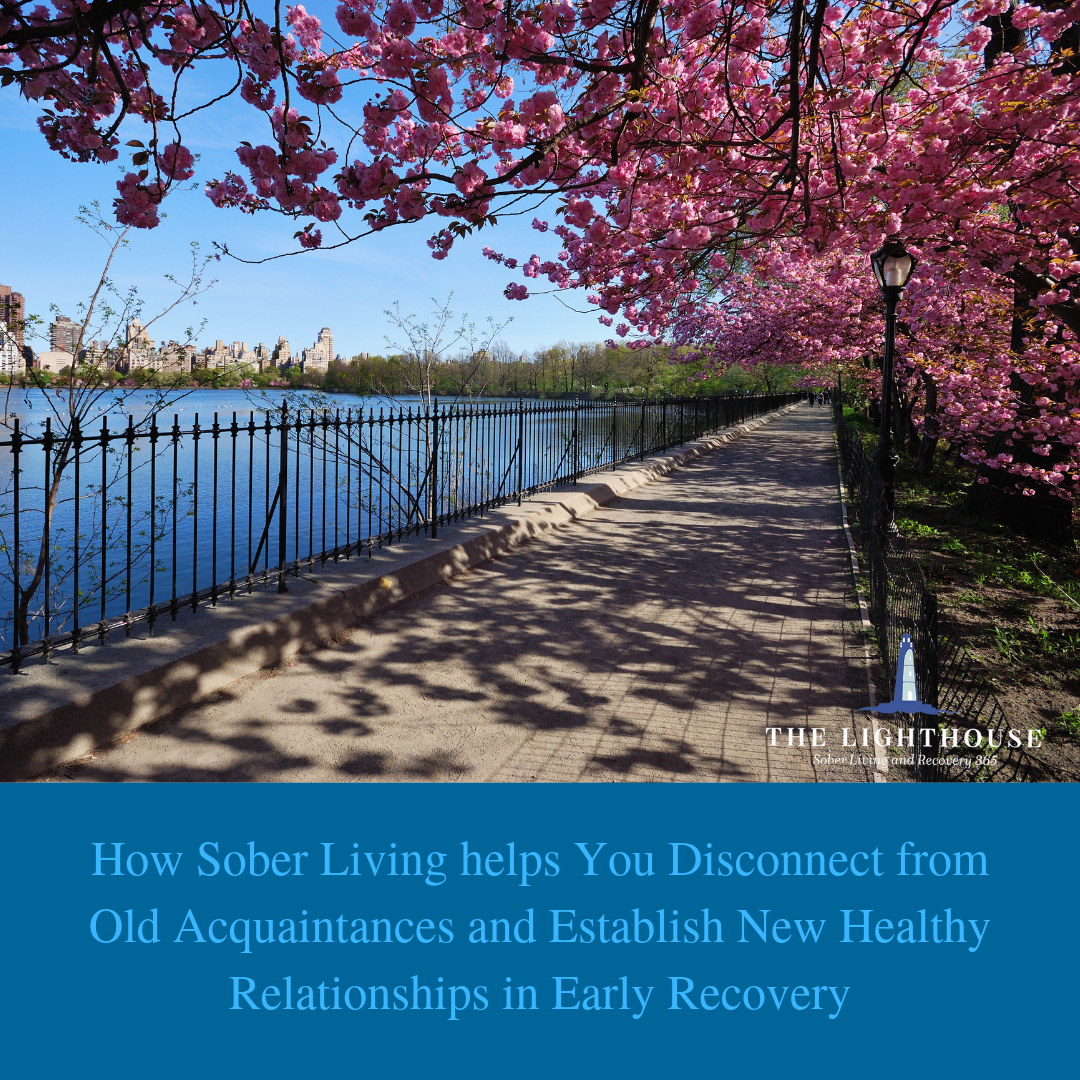Disconnect from Old Peers and Establish New Healthy Relationships with Sober Living.
Have you found it difficult to disconnect from relationships that trigger an urge to use drugs or alcohol? Your past relationships friends you went to happy hour with, or people who remind you of your drug-seeking behaviors, create stress in early recovery. Learning to disconnect from your past acquaintances is vital to success in long term recovery.
Recovery coaching is one way to commit to your recovery. Once you determined to commit to improvement, you can begin to reflect upon your past behavior. You’ll learn a lot about yourself. The work you will be doing with your recovery coach involves creating a plan for day-to-day success in a lifestyle in recovery. You’ll find that you are more calm, relaxed, and able to make better decisions about your life.
During these times of self-reflection, you will be able to determine your negative peer influencers and detach from them. Building new healthy relationships within the recovery community helps to disassociate with your drinking and drugging friends.
Sober living is the link to establishing a sober support network and healthy peer relationships.
Residing in a sober living home allows you to establish connections with new peers who hold you accountable to your goals, support your decisions to stay sober, and motivate you to continue to pursue happiness in life.
When you chose to reside in a sober living home after treatment, you add the extra support and structure to help you learn how to use the tools and skills acquired while in therapy.
Triggers that cause cravings to use can be found anywhere and everywhere throughout the day. Your recovery coach will help you develop coping skills, so you can disconnect from these triggers and urges to use.
Your life in recovery requires commitment and a propensity to create new healthy connections. It is challenging; learning to walk away from old acquaintances and friends from your past, but you will realize that past relationship are dangerous to your sobriety.
Regardless of whether your old companions support your recovery or not, investing energy and time with these peers is dangerous to your early recovery. Your recovery deserves protection from outside influence, so develop an escape plan to handle conversations with these old companions.
Here are three tips you can use to help you disconnect from unhealthy peer bonds and establish new and healthy relationships:
1- Use your new healthy relationships to practice what you’ll say to old companions.
Envision potential communications with your old companions. When you meet with your recovery coach, rehearse, or role-play, how to deal with situations when meeting with a former peer. Doing this will enable you to deal with circumstances without surprise or being caught off guard. Role-play helps you develop a coping strategy to help you deal with the stress or urge to use, which might arise during or after the conversation. You will be prepared for such uncomfortable occasions.
Different scenarios you can plan for are as follows:
-
What will you do if you keep running into an old companion in the city?
-
What will you do if an old companion reaches you and needs to hang out?
-
Imagine a scenario where an old friend makes a trip to see you: Preparing and having a readied reaction primed for interaction with them, is a lifeline for survival after treatment.
2. Be transparent – Recover Out Loud, with new healthy relationships.
Coming up with reasons for why you can’t spend time with old companions can get old. Chances are, you’re not fooling anybody. The best arrangement is to be straightforward and open with your old friends, especially if they call or go out of their way to see you.
Clarify that, at present, you are concentrating on your recovery. Recovery is an essential part of your life, and spending time with old companions makes you fear falling back into old patterns and behaviors.
Trey Laird, founder, and CEO of The Lighthouse Sober Living, feels that when he lets others know that he no longer drinks alcohol or uses illicit drugs, the fewer people he has to drink or drug with. In his Linked In the post, he writes more about how his decision to Recover Out Loud was beneficial to his path in recovery.
3. Decide when or if it is safe to reconnect with old peers
Living day to day after treatment involves forging new relationships. It’s ideal for separating relations with old partying companions. It’s critical to surround yourself with non-using individuals in early recovery; it isn’t realistic to say that you’ll never again be able to associate with any of the people from your past. Once you have built a strong foundation in recovery, seeing friends and family members who trigger the urge to use becomes less dangerous.
If a peer you used with was a family member or close friend, you might decide to reconnect with them. Only you will know when you’re ready to begin to spend time with people from your past, and that decision will be based on several variable elements. Discuss reconnecting with old peers or family members with your recovery coach or 12-step sponsor. Most importantly, if the friend respects the life choices, you have made. If your relationship was based entirely on using, there is no reason to reconnect with those friends.
While residing in sober living, use your time to create positive, healthy relationships, which support your choices and goals. Even when old friends do not coerce you to handle, being around them is a trigger in and of itself.
Recovery is a process of establishing new connections and healthy relationships.
Recovery is a process that drives you to improve your life and to achieve your full potential. Interacting with old companions can derail the active recovery, yet growing new healthy relationships with individuals in recovery helps ease the pain of losing old companions.
Choosing to reside in sober living can help you navigate everyday life after treatment. Sober living allows you to experiment and investigate new conceivable outcomes for your life. Discovering new ways to enjoy life without using is vital to achieving happiness in a lifestyle of recovery.
At first, you might find it troublesome to break ties with old companions. However, as your recovery strengthens, you’ll build more beneficial connections. You’ll come to understand that it’s simpler to separate yourself from your previous lifestyle and people who affected you in negative ways.
If you or a loved one would like to learn more about the benefits of sober living,
Call Trey Laird 203-400-8065



